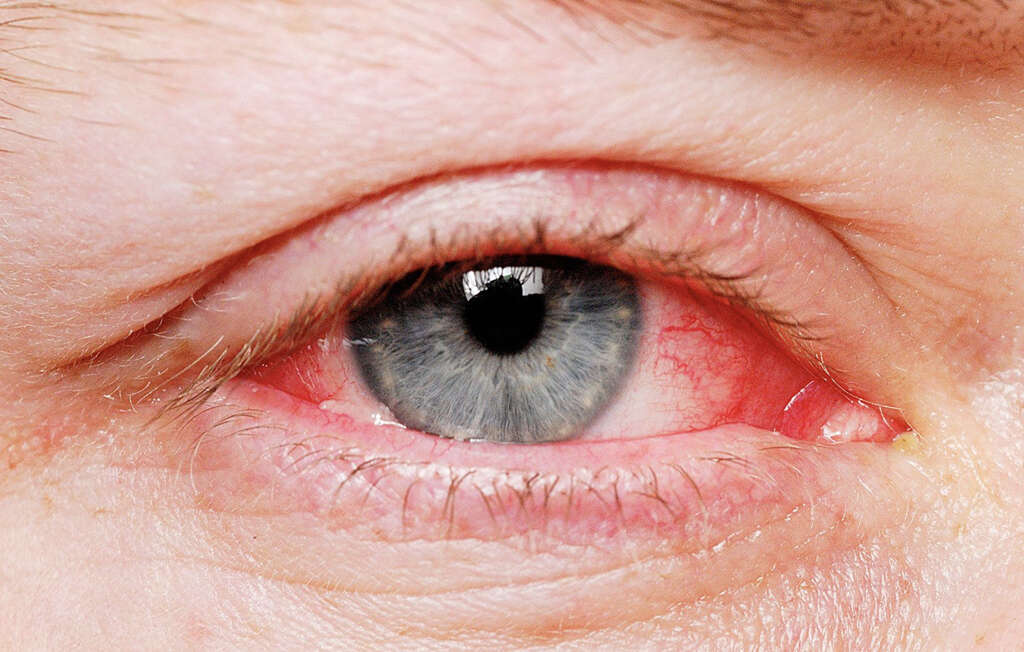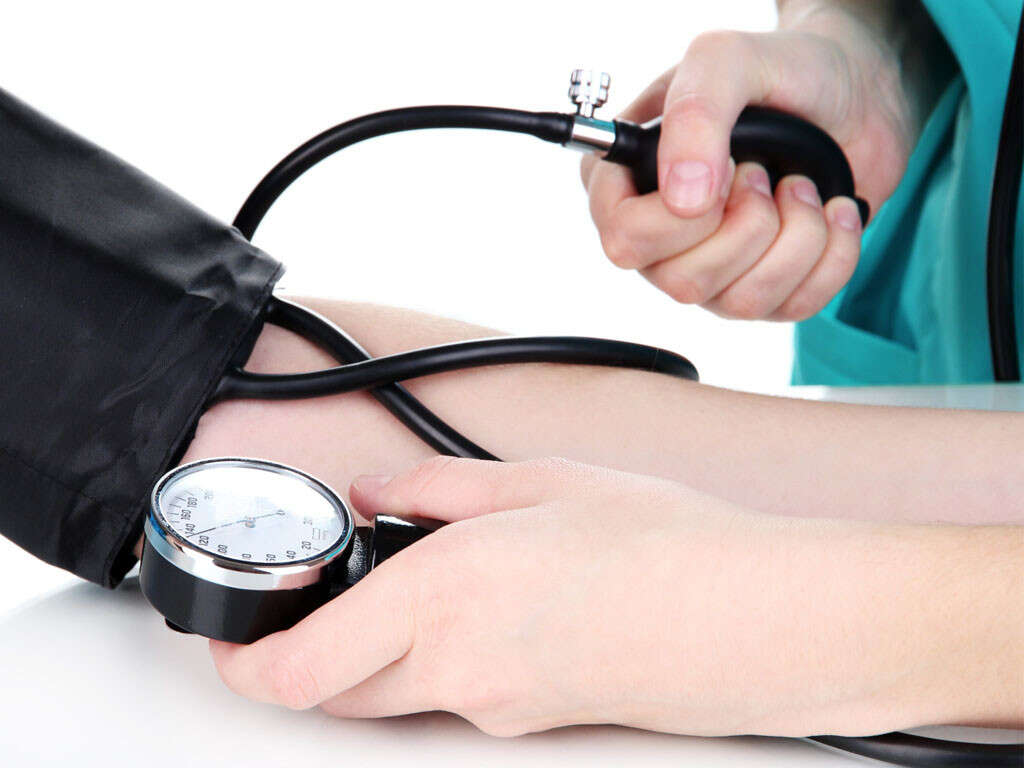10 TSS Symptoms
Bacteria getting into our bodies can be quite dangerous for us, although our immune systems are there to help keep us safe. They can wreak havoc on our systems and, in severe cases, they can even be a threat to our lives. One example of such an instance is toxic shock syndrome (TSS).
TSS is caused by large amounts of toxins being released into the body by bacteria. Usually associated with infections caused by Staphylococcus Aureus and Streptococcus Pyogenes (GAS). It is fortunately quite a rare condition and one of the most common causes has been the use of certain types of tampons in menstruating women. The symptoms grow in severity rapidly and it can be fatal if help is not sought in time.

1. High Fever
A fever is a sure sign that something is wrong. Usually, the underlying cause of a fever is relatively harmless and will pass before too long. Fevers can be severe sometimes, though, and they can be a sign that something is seriously wrong. The fever associated with TSS is usually high and starts suddenly rather than developing gradually as fever usually would. Anybody that is running a high fever should be monitored regardless of the suspected cause.

2. Headaches
Pretty much everybody has experienced a headache at least once in their life. They are not usually something that concern us too much and we usually expect them to pass in a couple of hours or so. This makes it easy to overlook them, but sometimes you should really take notice.
Headaches are a symptom of TSS, although the patient is also likely to be experiencing other symptoms that indicate the severity of the condition. If any headache appears to be too severe or if it raises suspicions in any other way, then you should speak with a doctor.

3. Vomiting
In cases of TSS, the body is going to be full of toxins that pose a real risk to the patients life. The body will react in various ways to deal with the problem and one of these is to try and eject the toxins out from the body. One way to achieve this is to vomit; forcefully ejecting the stomachs contents out.
Vomiting is another fairly common symptom that is unlikely to have somebody particularly concerned. When combined with certain other symptoms, however, it is something that should raise the alarm. Regardless of the suspected cause, you should seek medical assistance if you feel that you might have a serious issue.

4. Confusion
We are often not at our best when we are feeling ill. It is to be expected that we are going to be a little slower than usual mentally and were unlikely to be trying to do anything too mentally challenging anyway. In some cases, the patient might be struggling to think considerably more so than usual.
With chemicals flowing throughout the body, the brain is not getting the oxygen that it needs to function properly. A brain that is not functioning at full capacity is going to struggle to process everything, and this can mean the patient becomes easily confused.

5. Aching Muscles
Aching muscles are common in people that have recently been exercising, especially those that are not used to physical exertion. There are other factors that can cause aching muscles, one of which is chemicals in the body. These chemicals are usually secreted by our white blood cells to help combat pathogens, while they might sometimes be released by the pathogens themselves.
TSS is one example of where the patient will have aching muscles because of chemicals in the body. The reason for the aches is unlikely to be clear at first, and it is a good idea to get medical advice to help find out what is causing it.

6. Rash
If you come into contact with something that is irritating to your skin then you are likely to develop a rash. Rashes can also be caused by a range of illnesses, most of which are harmless but some can be serious. They can also be a result of TSS. The rash associated with TSS will look similar to a sunburn, but it might be difficult to spot in people that have dark skin.
The rash is also most likely to be found on the patients soles and on the palms of their hands. If you do have a suspicious looking rash then you should make sure to see a doctor.

7. Dizziness
TSS can cause blood pressure to drop dramatically. The resulting hypotension is a life-threatening condition that should be treated as soon as possible to prevent further complications. One of the first symptoms associated with low blood pressure, is dizziness.
It is described as a weird sensation of lack of balance. If you are experiencing this symptom, you should seek medical attention for proper diagnosis.

8. Red Eyes
We will sometimes have red eyes in the mornings before we fully wake up, and it can sometimes also occur when we have had too much to drink. It is not usually anything to be concerned about and will usually pass without any harm having been done. Sometimes, though, it can be a sign of a serious underlying cause.
In some cases, red eyes will mean that the patient is experiencing toxic shock. The patient is already likely to be experiencing other symptoms at this point and that should be enough to encourage you to speak with a medical professional. The patients lips and tongue may also turn a bright red.

9. Breathing Difficulties
Breathing should be effortless for us; much of the time, we do not even notice that we are doing it at all. Some people do have medical conditions that make it difficult for them to breathe freely, and these can sometimes be really quite serious. Somebody that is experiencing TSS is likely to find that it becomes a lot more difficult to breathe.
If you are experiencing this symptom and it is not normal for you then you should arrange to get medical assistance as soon as you are able to.

10. Diarrhea
Up to a quarter of patients suffering from TSS will experience diarrhea at some point in the disease. This is a common response to the high levels of toxins being released in the bloodstream.
It is important to address this symptom soon because it can lead to dehydration which will further complicate the already critical condition.












